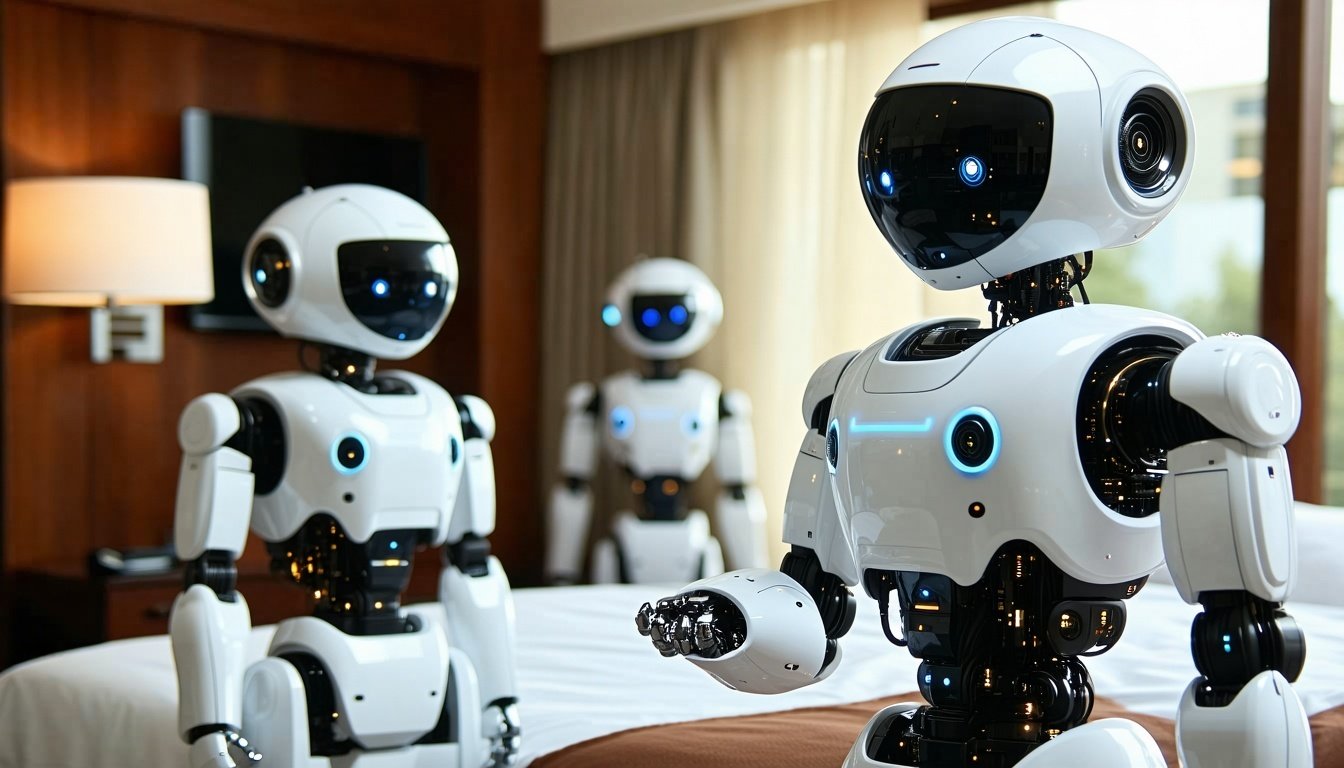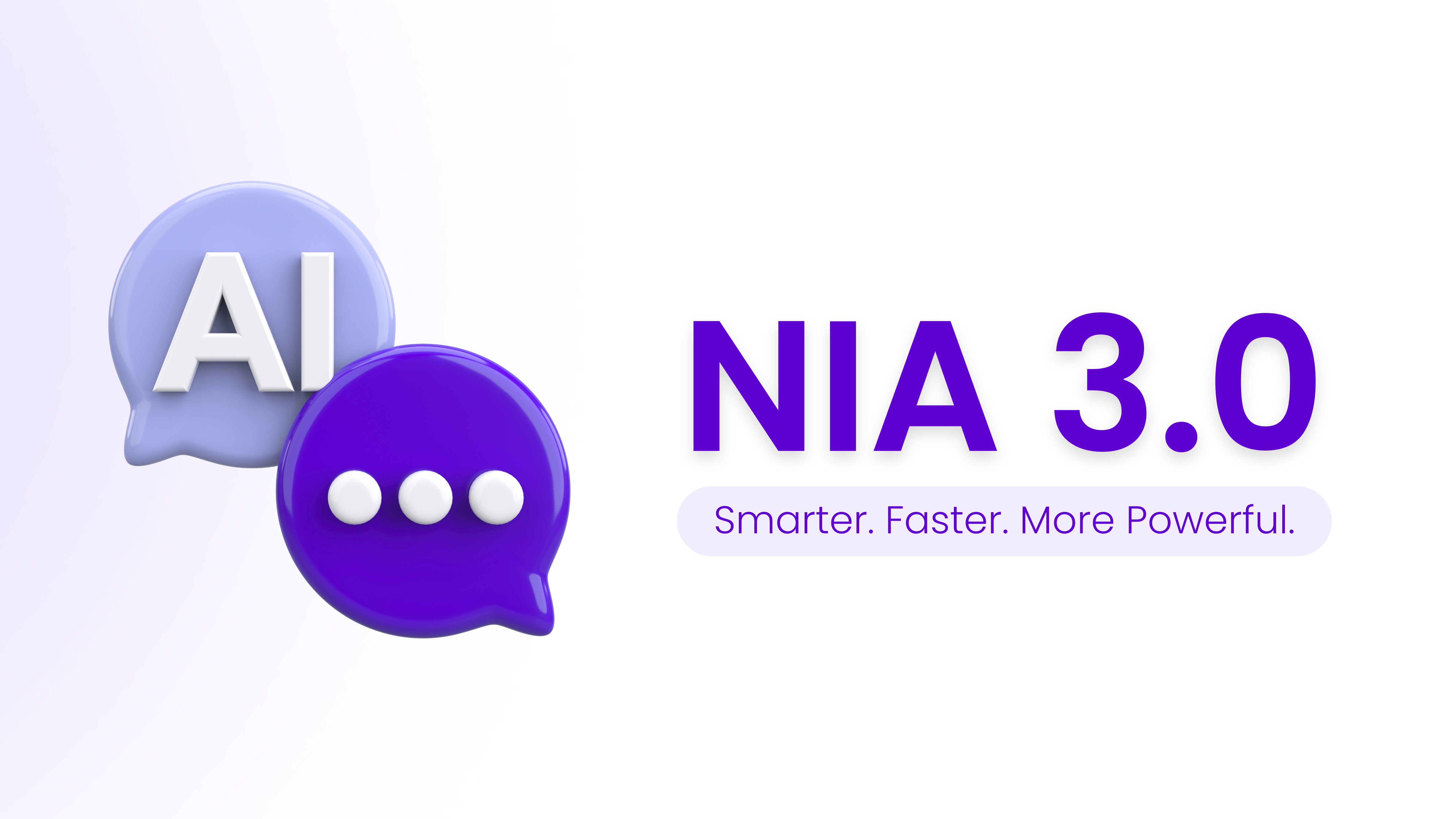A Strategic Look at What Comes After the Software Stack
The Hotel Industry Isn’t Waiting for the Next Big Tech Shift—It’s Already Happening
For the past two decades, the hotel tech landscape has evolved incrementally:
- PMS → Cloud-based PMS
- Static pricing → Dynamic pricing
- Manual reviews → Sentiment analysis
- Concierge desks → Chatbots
But none of these shifts fundamentally changed how hotel operations are executed. They improved processes—but always assumed a human operator behind the screen.
Agentic AI breaks that assumption.
Instead of offering assistance through interfaces, agentic systems replace interfaces altogether—by executing tasks autonomously.
What Is Agentic AI in Hotel Technology?
Agentic AI is a model where intelligent software agents independently carry out tasks like:
- Responding to guest messages across OTA, SMS, email, and WhatsApp
- Managing housekeeping and maintenance without a coordinator
- Adjusting rates and sending quotes based on live demand data
- Writing and posting branded review responses
- Surfacing operational issues in real time—no dashboards needed
These agents operate based on your SOPs, learn from past actions, and improve continuously.
Instead of platforms that require staff to operate them, agentic systems act like digital team members—always on, always consistent, and trained on your brand.
Why Is This Different from Automation?
Automation relies on predefined rules.
Agentic systems interpret, decide, and act in context.
Think of the difference this way:
|
Traditional Automation |
Agentic AI |
|
If X, then Y rules |
Learns and adapts based on situation |
|
Requires task triggers |
Detects intent and executes tasks |
|
Enhances staff productivity |
Reduces need for staff involvement |
|
Built for UI-based workflows |
Built for autonomous execution |
It’s not just automation—it’s delegation.
What Makes Agentic AI So Transformative for Hotels?
Because it doesn’t sit on top of your stack—it replaces it.
Hotels using agentic AI systems are eliminating entire tool categories:
- Guest messaging platforms
- Task assignment software
- Maintenance ticketing tools
- Review reply systems
- Pricing engines
- Analytics dashboards
- SOP wikis
In their place is a single AI-native layer that does the work.
The Measurable Impact on Hotel Operations
Real-world benchmarks from operators using agentic platforms like Jurny’s NIA:
- 🧠 91% reduction in manual workload
- ⚡ 600% faster guest response times
- 💬 100% review response coverage
- 💰 +30% in upsell revenue
- 🌟 +25% lift in guest satisfaction scores
These aren’t enhancements. They’re new baselines.
Why Hotels Are Rethinking the Stack
Traditional hotel stacks are reaching a breaking point:
- Too many disconnected vendors
- High onboarding and training costs
- Staff-dependent execution
- No shared memory between systems
- Inconsistent service across shifts and properties
Agentic AI solves this by embedding intelligence where tools once lived—creating a unified execution layer instead of a collection of platforms.
The Future of Hotel Technology Is Execution-First
The next big leap in hotel tech isn’t another PMS with better features.
It’s a system that handles messaging, turnovers, maintenance, pricing, reviews, and analytics without needing a login.
This isn’t about eliminating teams.
It’s about giving your team a system that never sleeps, never forgets, and never drops the ball.
Meet the First Agentic AI Platform Built for Hospitality
Jurny’s Network of Intelligent Agents (NIA) is the only fully agentic OS designed to execute hospitality operations—autonomously and intelligently.
With NIA, hotels can:
- Replace multiple software platforms with one system
- Eliminate repetitive tasks and manual workflows
- Scale with fewer tools, fewer staff, and fewer errors
- Get better over time—without retraining teams
👉 [Book a Demo] to see how Jurny’s NIA transforms hotel operations—by replacing your stack, not adding to it.










